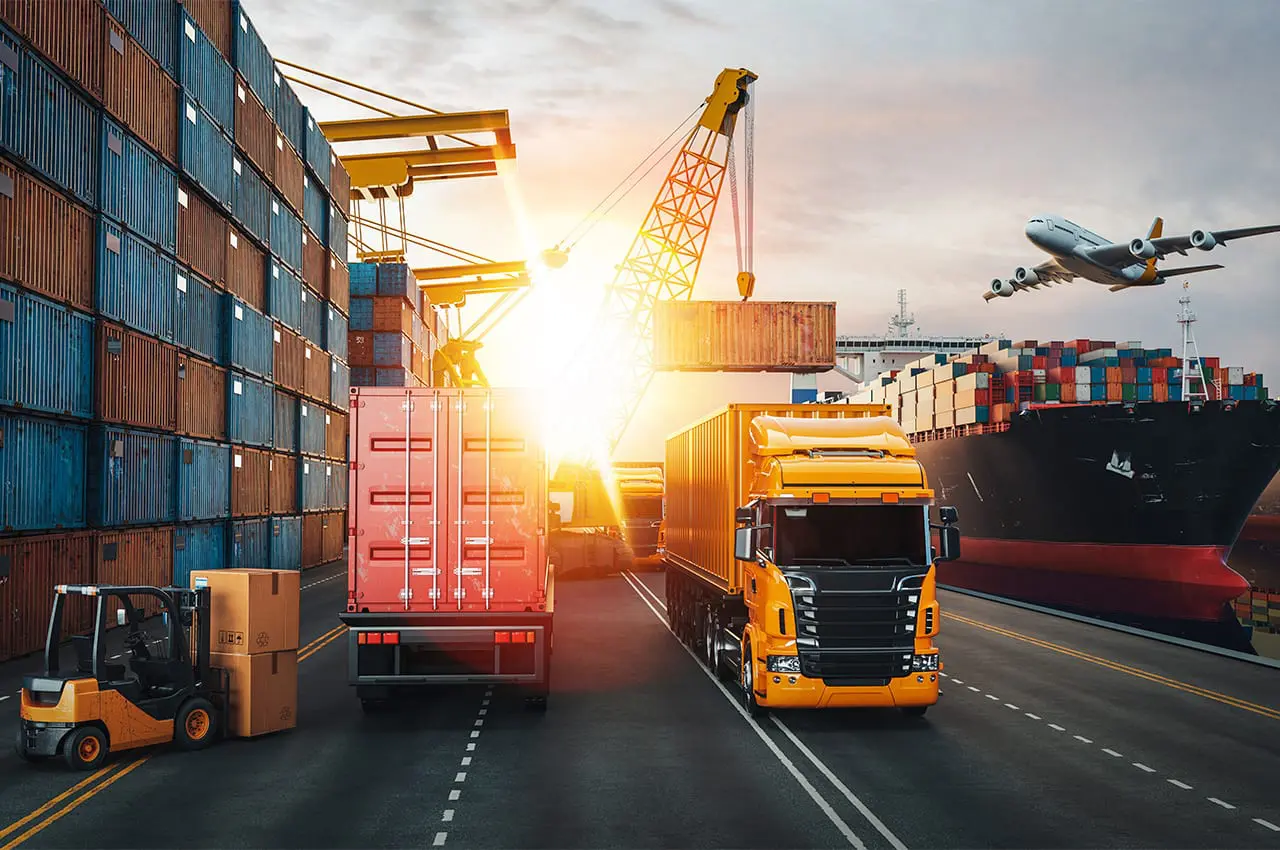
02 Jun More diverse trade as a result of the pandemic
Currently, the entire world is facing the innumerable challenges that the Covid 19 pandemic has left. Although it is true that this event has caused different negative effects on the economy, it has also left several lessons that must be taken into account. According to a recent report by the International Monetary Fund (IMF), it is important to diversify input sources and strengthen logistics chains.
In the aforementioned report, which deals with the World Economic Outlook, the IMF suggests making a more diverse offer in terms of international value chains, since in this way a contingency plan could be had in the face of possible global phenomena. that could affect the economic aspect. In the fourth chapter of the report, the following was detailed: “When covid-19 broke out, the combined ‘shock’ of supply and demand was expected to cause a spectacular collapse in trade. But while trade in services remains depressed, trade in goods picked up fairly early.”
According to IMF predictions, they believed that the supply and demand shocks caused by the pandemic would cause a sharp collapse in international trade, however, this has shown greater resilience than in previous global crises. For example, although merchandise trade fell sharply in the second quarter of 2020, it had already recovered to pre-pandemic levels later in the year. The only sector that is still recovering is tourism, given that due to the disease, some countries still maintain restrictions to contain contagion.
Some pandemic-specific factors help explain these trade patterns. First, in 2020 goods imports were higher than demand forecast and even higher in countries with strict lockdowns. Second, countries whose trading partners implemented more stringent lockdowns saw steeper falls in goods imports. On average, up to 60% of the decline in imports during the first half of 2020 is attributed to lockdowns in trading partners. The effects were more noticeable in sectors that depend more on international value chains, and that are in the later stages of the production process (such as electronics).
On the other hand, in mid-2020, Asian countries, which were affected in the initial phase of the pandemic but managed to contain it, recorded increases in their market shares of products related to international value chains, of 4, 6 percentage points in Europe and 2.3 percentage points in North America. Historically, these increases were rapid and significant, but as countries have adapted to the pandemic, they have partially dissipated, suggesting that the changes were likely temporary.
Also, the IMF report indicates that diversification significantly reduces global economic losses caused by supply shocks. It is also essential to increase the resilience of the supply chain through the diversification and substitutability of inputs between countries. As for substitutability, this can be achieved by making production more flexible or modernizing the port infrastructure of the main international maritime transport routes, so that bottlenecks can be reduced in this way.
Conclusion
In conclusion, the pandemic has had a significant impact on different areas of the world economy. However, this phenomenon has also left us with lessons that must be taken into account. As mentioned, trade had a large decrease, but with the course of the pandemic it was able to recover. These results can be even more favorable if contingency plans are applied, such as the diversification of inputs and the elimination of dependence on commercial partners, since it is important to look for more alternatives than those foreseen in order to continue with economic development.
References
El Economista. (2022). Un comercio más diverso propone el FMI tras pandemia. Recuperado de https://www.eleconomista.net/amp/economia/Un-comercio-mas-diverso-propone-el-FMI-tras-pandemia-20220523-0005.html [Consulted: May 31, 2022]
Fondo Monetario Internacional. (2022). El comercio mundial necesita una oferta más diversa, no lo contrario. Recuperado de https://www.imf.org/es/News/Articles/2022/04/12/blog041222-sm2022-weo-ch4 [Consulted: May 31, 2022]
